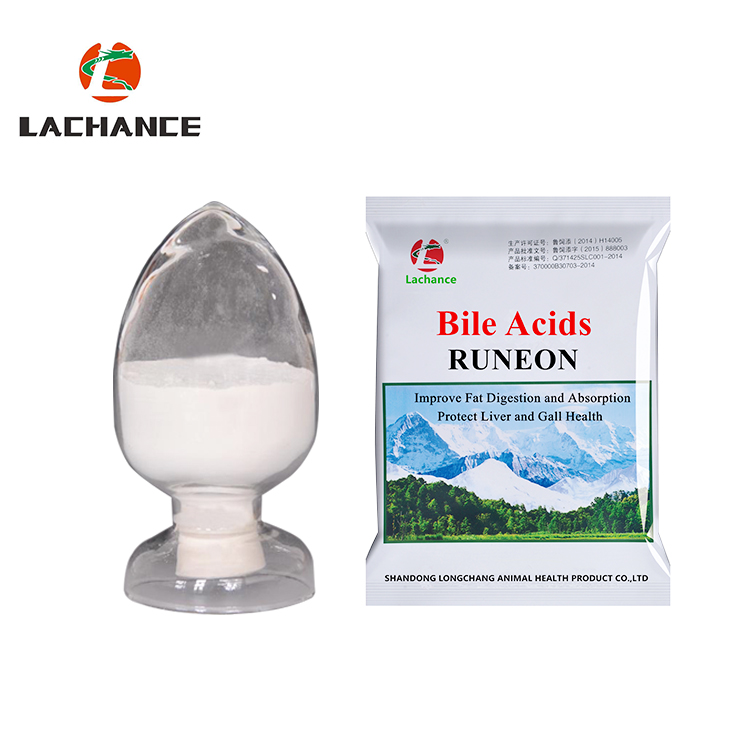Bile Acids---Effective measure of thin-shell eggs and soft-shell eggs

Eggshell quality is an important factor that influences the economic benefits of egg production industry. Currently the phenomenon of thin-shell and soft-shell is very common in numerous hen farms and causes serious economic loss. The main reasons are as follows:
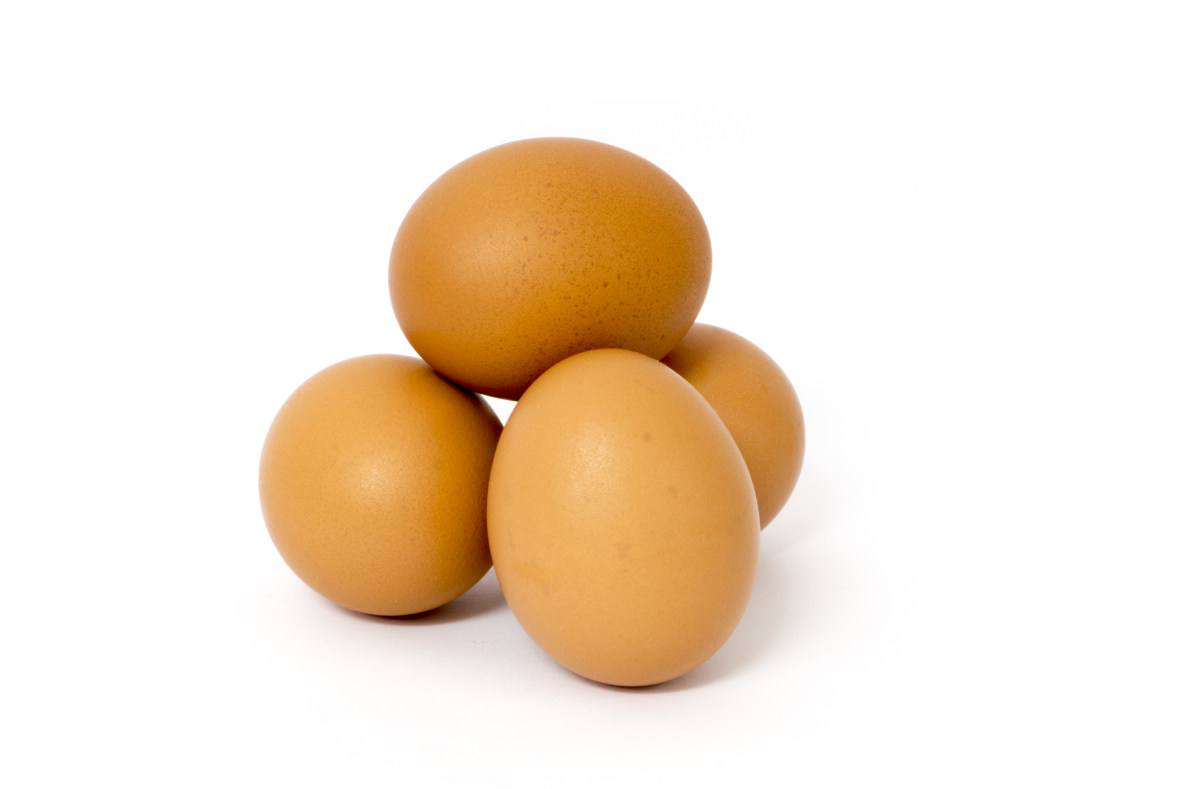
1. Feed additive abuse: experiments approved that reasonable usage of feed additive could improve eggshell quality. But currently there are a lot kinds of feed additives and we must select proper ones and dosage for hens. Otherwise, the nutrition balance and normal metabolism will be broken and lead to thin shell egg phenomenon.
2. Impeded absorption of vitamin D: When hens are short of Vitamin D, though calcium in dietary feed is enough, it will cause impeded absorption and metabolism of calcium and phosphate and lead to small egg, thin shell, soft shell, decreased laying rate and hatching rate.
3. Shortage of calcium and phosphate in dietary feed: laying hens require a large amount of calcium to form eggshell, so calcium shortage will cause thin shell eggs and soft shell eggs. A laying hen’s daily feed intake is around 130g, but the utility of calcium in the feed is only 60%. So it is not enough to solely depend on the calcium in the feed. Bile acids could improve absorption of vitamin d3, and VD3 is regulator of calcium and phosphate and improve absorption of calcium and phosphate. Calcium maintain hardness of eggshell, while phosphate maintains toughness of eggshell.
4. Aflatoxicosis: feed mould happens when feed is not stored properly. After laying hens feed intake, the liver and kidney are injured by mycotoxins, so vitamin D metabolism is broken, and lead to lighter body weight, weak immunity, lower laying rate and thin and soft eggshell.
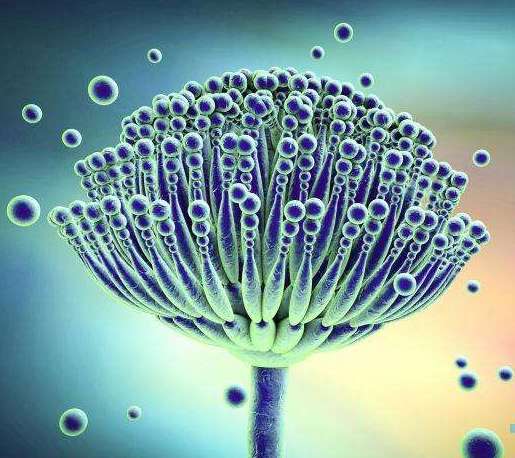
5. Abnormal temperature: the most proper temperature for egg production is 13℃-25℃. When temperature is over 30℃, there will be hard heat radiation, lower appetite, and lower feed intake. Long term high temperature will break laying hens’ metabolism and nutrition balance, cause weakness of thyroid function, and lead to shortage of calcium and the formability of eggshell in the womb. Meanwhile, due to hot weather, the hens breathe with open mouth, carbonic acid accumulates in hens body, so the calcium absorption is impeded. On contrary, when temperature is below 5℃, coldness stress will cause thin eggshell. So protein source and energy source should be increased in dietary feed, to improve anti-coldness ability of laying hens.
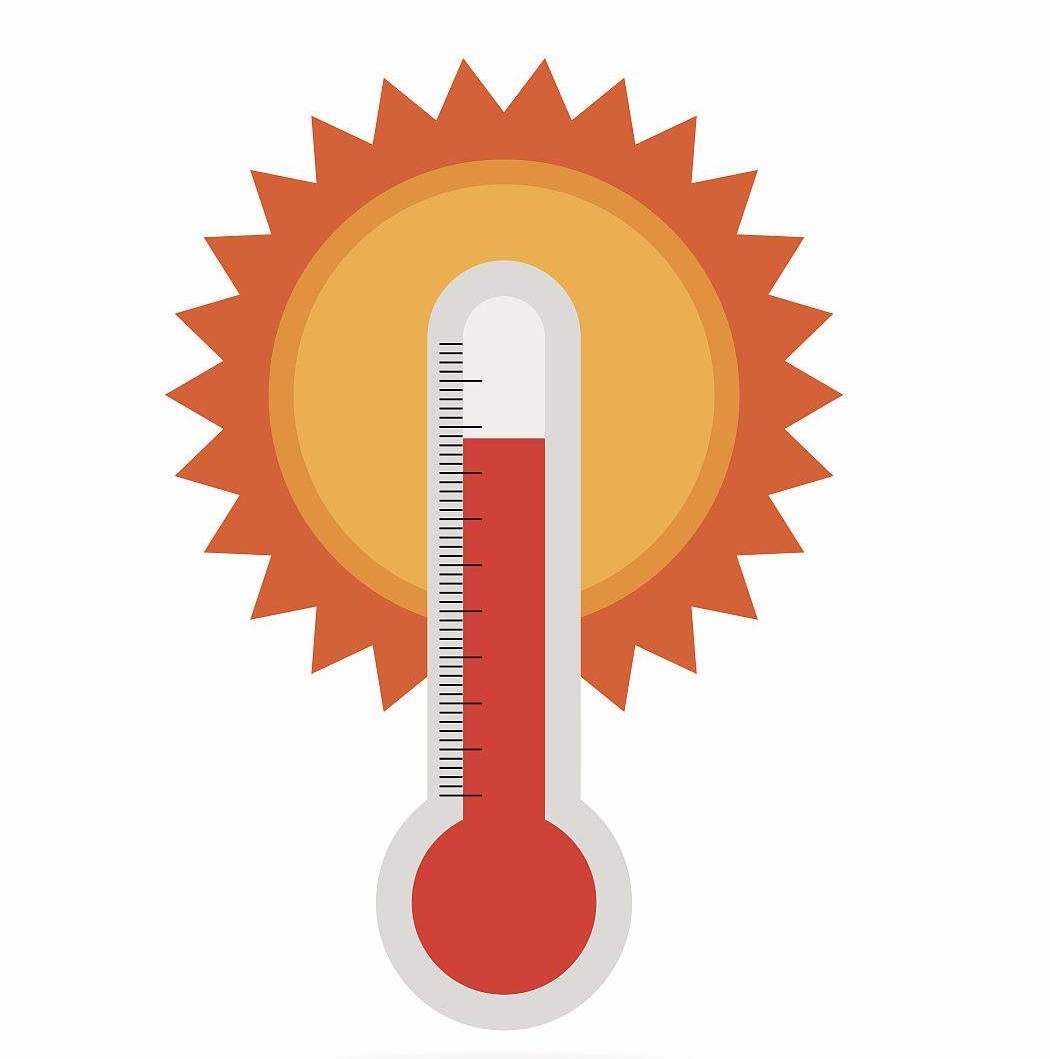
6. Shortage of water: Water is not only solution for nutrients, but also a very important nutrient itself. Water has the function that help digest, absorb and transport nutrients and metabolite, discharge waste and adjust body temperature etc. Hen body contains 64%-75% water while egg contains 70% water. So if laying hens could not drink water in 24 hours, it will not lay eggs within a month, or the total laying rate will decrease by 30%, meanwhile, the soft shell eggs and thin shell eggs will increase.
7. Imbalance of thyroid functions: imbalanced thyroid function will cause negative influence over calcium absorption and lead to thin shell and soft shell.
8. Physiology function disorder during high production period: due to long period and non-stop egg production, hens’ physiology function is disordered and lead to thin and soft eggshell. So, feed quality must be improved, add more animal protein source like worms, and more sunshine. Strengthen feed management to urge laying hens back to normal physiology functions and make sure of the egg production quality.
9. Over aged laying hens: normally the eggs from over aged hens are bigger and eggshell is thinner. So laying hens are usually raised within 20 months, otherwise, thin and soft shell eggs will increase by the time and there will be loss of economic benefit.
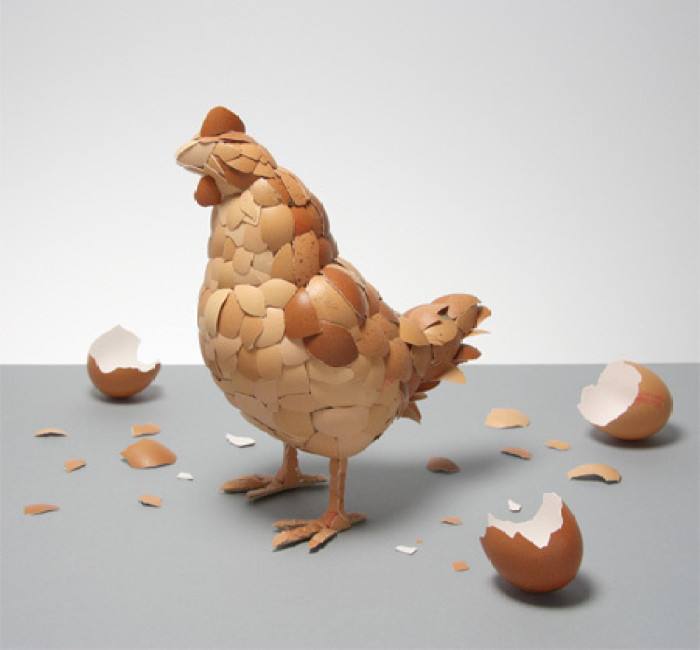
Plus, laying hens diseases such as infectious laryngotracheitis, fowl plague, pullorum disease, entiritis that destroy reproduction system. These diseases will cause thin and soft shell eggs. And conditions will be worse if laying hens are affected by coccidiosis. So, during the egg production period, bile acids should be added to dietary feed to improve anti-stress ability to make sure of the egg production quality and improvement of economic benefits.
